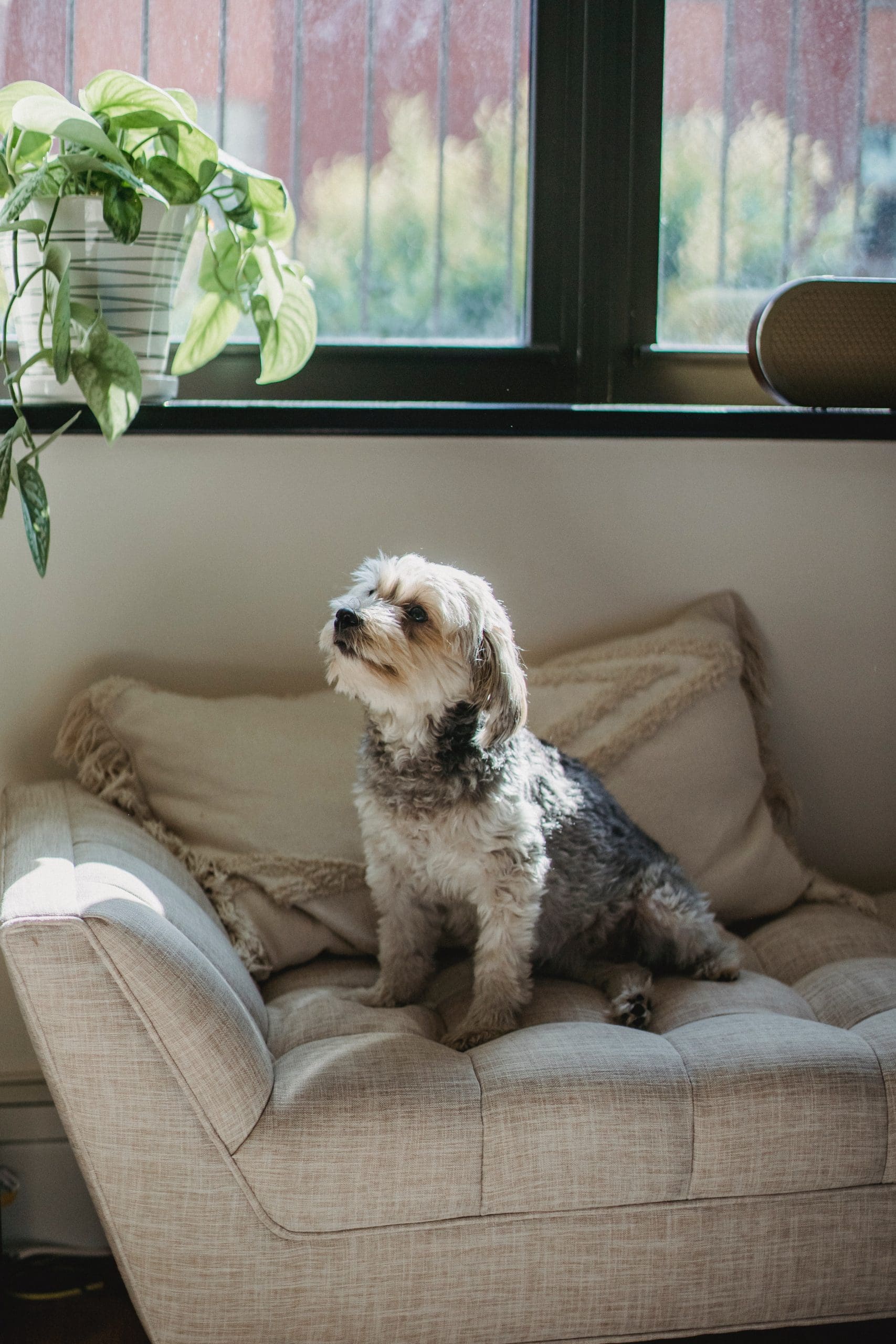 It’s a common concern for dog owners when their furry friends start panting excessively. You may notice your dog panting even when they haven’t been physically active or exposed to warm temperatures. While it’s natural for dogs to pant, excessive or seemingly unexplained panting can cause alarm. In this blog post, we’ll explore some possible reasons why your dog may be panting for no apparent reason and provide insights to help you understand and address this behavior.
It’s a common concern for dog owners when their furry friends start panting excessively. You may notice your dog panting even when they haven’t been physically active or exposed to warm temperatures. While it’s natural for dogs to pant, excessive or seemingly unexplained panting can cause alarm. In this blog post, we’ll explore some possible reasons why your dog may be panting for no apparent reason and provide insights to help you understand and address this behavior.
Heat and Overexertion
Dogs don’t sweat like humans do. Instead, they regulate their body temperature primarily through panting. When dogs are exposed to high temperatures or engage in vigorous exercise, panting helps them cool down. So, if you notice your dog panting excessively, it could simply be due to hot weather or intense physical activity. Remember that certain dog breeds, such as Bulldogs or Pugs, are more prone to overheating due to their shorter muzzles, which can restrict airflow.
Stress and Anxiety
Like humans, dogs can experience stress and anxiety, and panting can manifest unease. Various factors, such as changes in their environment, loud noises, unfamiliar situations, or separation anxiety, can trigger stress in dogs. If your dog is panting without an apparent reason, it might be worth considering whether they’re experiencing any emotional distress. Providing a calm and secure environment and positive reinforcement training techniques can help alleviate their anxiety.
Pain or Discomfort
Pain or discomfort could be another possible explanation for your dog’s unexplained panting. Dogs are masters at hiding their discomfort and panting can indicate something is amiss. If your dog’s panting is accompanied by other unusual behaviors like restlessness, decreased appetite, or limping, it could mean an underlying health issue. Regular check-ups with your veterinarian are essential to ensure your dog’s well-being and address potential health concerns.
Medical Conditions
Certain medical conditions can cause dogs to pant excessively. For instance, respiratory problems, heart disease, or hormonal imbalances can all contribute to panting. If your dog’s panting seems excessive or out of the ordinary, it’s crucial to consult with a veterinarian. They can thoroughly examine and run any necessary tests to identify the underlying cause and recommend appropriate treatment.
Age and Breed Factors
Age and breed can also affect how much a dog pants. Puppies tend to puff more frequently as they have a higher metabolic rate and their bodies are still developing. Additionally, some breeds, such as Huskies or Malamutes, are naturally more prone to heavy panting due to their genetic predisposition to colder climates. Understanding your dog’s breed characteristics and consulting with your veterinarian can help you determine what is normal for your specific furry companion.
Remember, as a responsible dog owner, it’s crucial to pay attention to any changes in your dog’s behavior, including excessive panting. While occasional panting is normal, persistent and unexplained panting may indicate an underlying issue that requires attention. By monitoring your dog’s health, providing a comfortable environment, and seeking veterinary guidance, you can help ensure your furry friend leads a happy and healthy life.
[/fusion_text]



